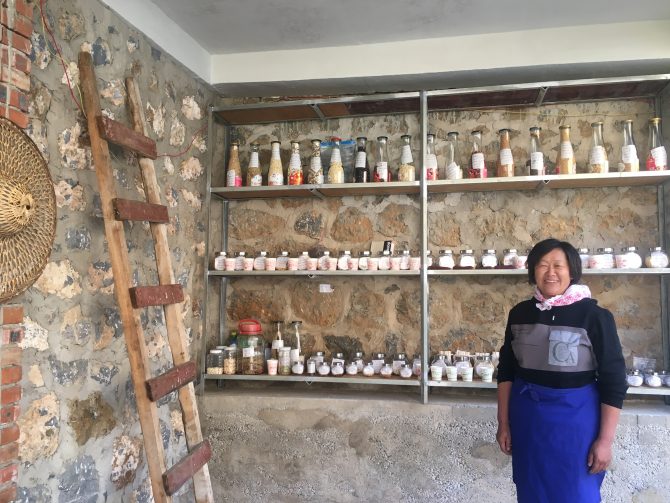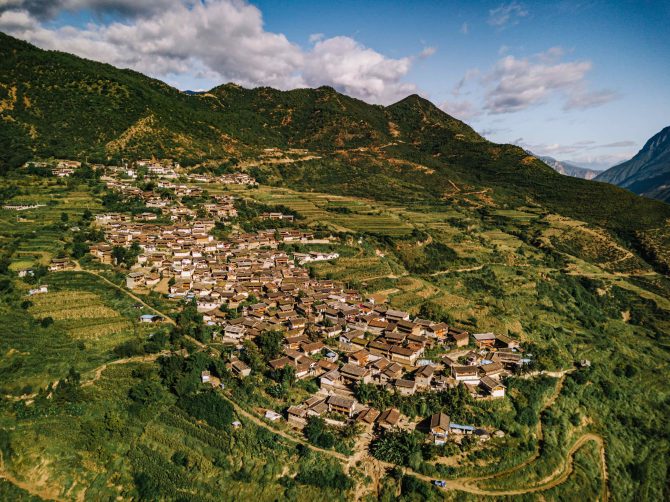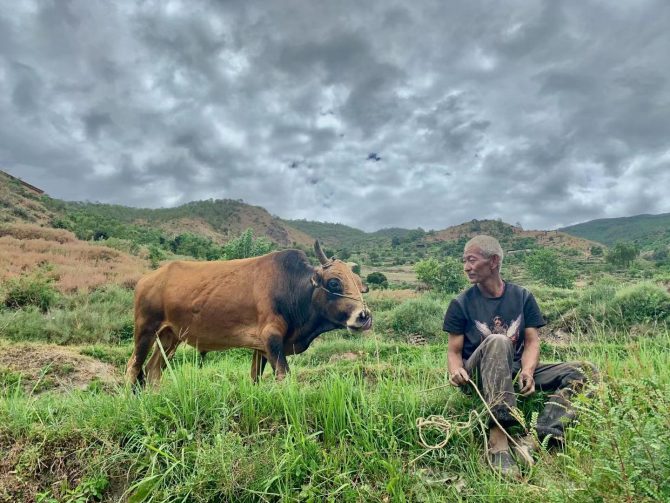SDM Project: Strengthening partnerships and scaling up living models of SEPLS use in community-based agrobiodiversity enhancement and livelihood security to adapt to changes and crisis
08.03.2024
SUBMITTED ORGANISATION
Chinese Academy of Science, Centre for Chinese Agricultural Policy (CCAP)
PARTNER ORGANISATIONS
Farmers’ seed network of China
Xishuangbanna Tropical Botanical Garden (XTBG)
The Alliance of Bioversity International and CIAT
Yunnan Agricultural University (YAU)
DATE OF SUBMISSION
31/03/2022
REGION
Asia
COUNTRY
China
KEYWORDS
Community, Nature Resources, bio-culture systems, Collaboration, Restoration
Abstract
The project proposed a model site which involved in 4 Naxi (Moso) ethnic mountain villages. It is biodiversity hotspot with rich indigenous cultures. However, this region is one of the most affected by climate change and resulted biodiversity disappearing, traditional culture and knowledge losing etc. Most of the indigenous farming communities are remote, poor and vulnerable. However, their crucial roles and bio-cultural values are not sufficiently recognized and supported by the formal scientific system and policies in biodiversity, climate change and poverty.
We started working in the villages since 2013, following SEPLS & bio-culture heritage approach, on agrobiodiversity and livelihood security supporting community based collective actions and linking to scientific technologies. In the process, communities organized themselves, from 1 village growing to 4 villages’ network and achieved some valuable practices and mechanisms for scaling up. In 2021, under the support of this project, we continued our work in community and supported Naxi 4-village-network. Regarding the biocultural system and sustainable development model of Naxi 4 villages, we have come up to a series of achievements that include: case videos, posters, photo booklets, policy briefs, and a series of COP15 events (the Ecological Civilization Forum, the NGO Forum, “High Level Policy Forum and Dialogue” (side event)), enhancing partnership of multiple stakeholders involved in the co-building of the model, empowering indigenous community networks and policy influence. This project’s key feature is enhancing and expanding collaborations and dialogues based through the COP 15 with joint events with different stakeholders’ involvement, exchange and networking for policy advocacy and influence at multiple levels.




